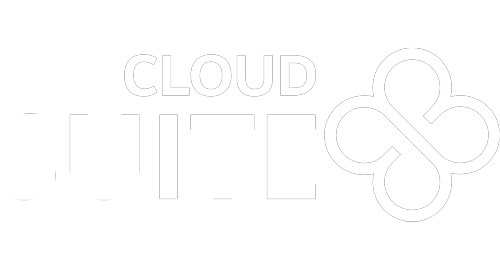Pharmaceuticals manufacturing and distribution have a number of business challenges that require specialist attention
First and foremost among these are:
- Extensive compliance requirements
- Complex supply chains involving restricted substances
- Fast inventory turns due to perishable goods
To help your pharmaceutical manufacturing and distribution activities run as smoothly as possible in the face of this, you’ll need to find an ERP that’s specially designed for the pharmaceuticals industry.
This guide will help you answer three questions that arise when selecting a pharmaceutical ERP for your business
- Which features should you look for in an ERP for the pharmaceutical industry?
- Which pharmaceutical EHR vendors should you consider?
- How much does pharmaceutical ERP cost?
Which features should you look for in an ERP for the pharmaceutical industry?
Requirements gathering for a new pharmaceutical ERP is an essential step in the selection process.
Which compliance obligations requirements should my ERP help me hit?
The pharmaceuticals industry is (quite rightly) one of the most heavily regulated in the world. The FDA (Food and Drug Administration) can audit pharmaceutical manufacturers at any time to ensure they are compliant with Current Good Manufacturing Practices, and can file criminal charges if the situation warrants it.
Needless to say, helping you remain compliant is an absolutely essential point to put on your ERP requirements list.
For a detailed analysis of which compliance requirements an ERPs for pharmaceutical manufacturers should hit, the pharmaceuticals manufacturing compliance requirements:
- Good Laboratory Practice Regulations
- Bar Code Label Requirements
- Contract Manufacturing Arrangements for Drugs
- Quality Considerations in Demonstrating Biosimilarity of a Therapeutic Protein Product to a Reference Product
- Drug Master Files: Guidelines
- How to Comply with the Pediatric Research Equity Act
- Consumer Antiseptic Wash Final Rule
Core and advanced pharmaceutical features
To hit these compliance requirements, and to increase the efficiency of your pharmaceutical manufacturing business in general, you’ll need to look for software with the right features.
As well as ‘core’ features like financial management, BI and analytics, you should look for more specific functionality.
At a basic level, pharmaceutical ERPs should offer:
- Recipe and formula management: essential for standardizing units and for automated recipe formulation. A good recipe management module can re-calculate ingredient amounts based on what’s in your inventory, so that a shortage of one particular chemical doesn’t slow down production
- Lot and serial number tracking: this should ideally be bidirectional and accompanied by product recall functionality in case of a non-compliance incident.
- Advanced inventory management: this should allow you to configure your inventory on a ‘first expiration, first out’ rule to reduce non-compliance risk and increase
More advanced pharma ERPs sometimes include:
- Medical representative management: your ERP can record contact information about doctors’ offices, pharmacies, and chemists, and report on how many units each contact has ordered, prescribed, filled, or received as samples
- Corrective Action Preventive Action (CAPA) Incident Management: this enables you to increase control, correct and prevent issues, measure the outcome, and continuously monitor your business to reduce non-conformity incidents
- Employee scheduling: as with any heavily-regulated industry, some employees won’t be qualified to complete certain tasks. You can use an employee scheduling module to ensure that those with specialist certifications are deployed where they’re needed most
Which pharmaceutical EHR vendors should I consider?
When selecting an ERP for the pharmaceuticals industry, it’s important to map out your selection process and thoroughly assess each vendor’s positive and negative points.
We provide step-by-step guide to selecting process manufacturing ERP that shows you how to do this in-depth.
How much does pharmaceutical ERP cost?
Accurate pricing and estimates is often difficult to come by for ERP.
When budgeting for pharmaceutical ERP, take the advertised price as a baseline. Don’t forget to include:
- Networking hardware and software costs
- Server hardware and software costs
- Workstation hardware and software costs
- Installation and integration of hardware and software costs
- Data migration costs
- Personnel costs for operation and maintenance
- Customisation relating to software upgrade
The Cloud ERP such as Oracle NetSuite is the good choice for medium size Pharmacy Manufacturing & Distribution Company




